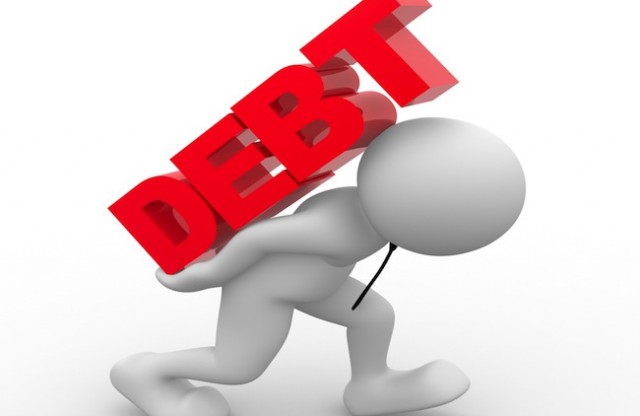A recent report from Equifax Canada in October 2018 concluded that consumer debt is still on the rise in Canada.
“Consumers will have tighter cash flows as interest rates climb further, which can lead to people not paying off their credit cards in full each month.
After a period of sustained economic growth, we’re moving back to a slow and steady pace. And finally, new mortgage volume has been negative over the last three quarters.
Add these together and we should begin to see upward movement in delinquencies.”
It’s unfortunate that the government has been focusing on controlling mortgage borrowing and home ownership in Canada while neglecting the impact of high interest credit card debt and the affect it is having on the financial health of Canadians.
Statistically, the amount owing is less on credit card debt than mortgage debt but the overall cost of borrowing is so much higher.
Making these large monthly payments restricts your cash flow while reducing opportunities for retirement planning and saving for the future.
Let’s take a quick look. If you aren’t paying off your credit card balance monthly, how much do you think you really paid for the big screen TV that you bought on sale after Christmas?
If you carry on only making the minimum monthly payment on the credit card after purchase, here’s what it could cost you.
If you paid $2,000 for that TV with an interest rate of 19.5 per cent on your credit card and you are just make the minimum monthly payments, it will take you more than 14 years to pay for your TV.
Yes! Fourteen years!
And it will cost you over $4,000!. (It could actually take longer and cost you more depending on the minimum payment requested by your credit card company and the interest rate being charged).
Buying this TV on credit is not a bargain.
There are dangers to borrowing to the max on your credit cards as it can leave you with very little wiggle room.
What happens if interest rates start to rise? All indications are that interest rates are on the rise moving forward into 2019.
The answer is that your minimum payment will just get bigger and bigger. And what happens if you lose your job?
How can you possibly keep making those minimum monthly payments?
If you are a homeowner, there are great possibilities for real savings by using the equity in your home as a debt consolidation tool.
The most attractive reason for consolidating debt into a mortgage is that there will definitely be savings simply by lowering the interest rate you are paying on your debt.
Another reason would be to lower your monthly payments.
This could free up cash flow to start investing and saving for retirement.
There could be some costs involved if you must break your current mortgage and there are many variables at play here:
- interest rates
- amortization
- fees
- penalties for your specific situation.
You may find the overall cost of borrowing to be higher or lower than your current situation. Always run through the math with a mortgage broker.
The benefits really depend on how the math works out and whether you are committed to changing your lifestyle to prevent charging up the balances on those credit cards again.
You will need to master a budget.
If you would like a no obligation review of your current situation, please give me a call.

